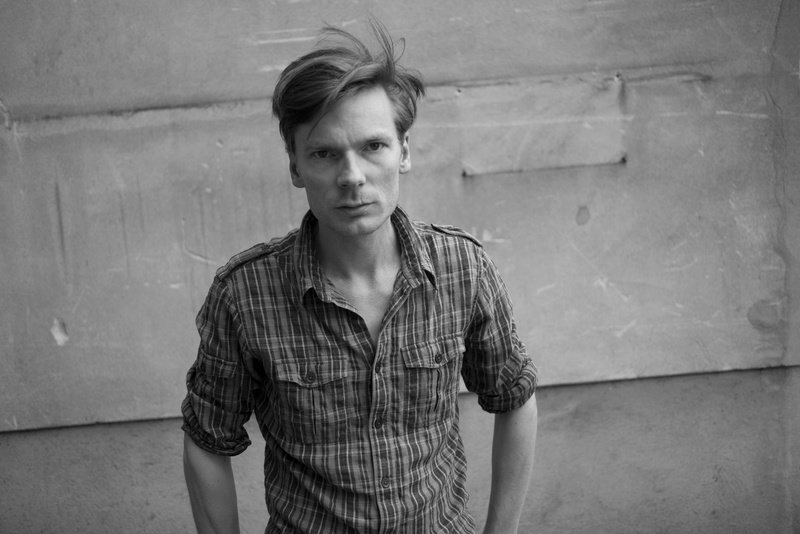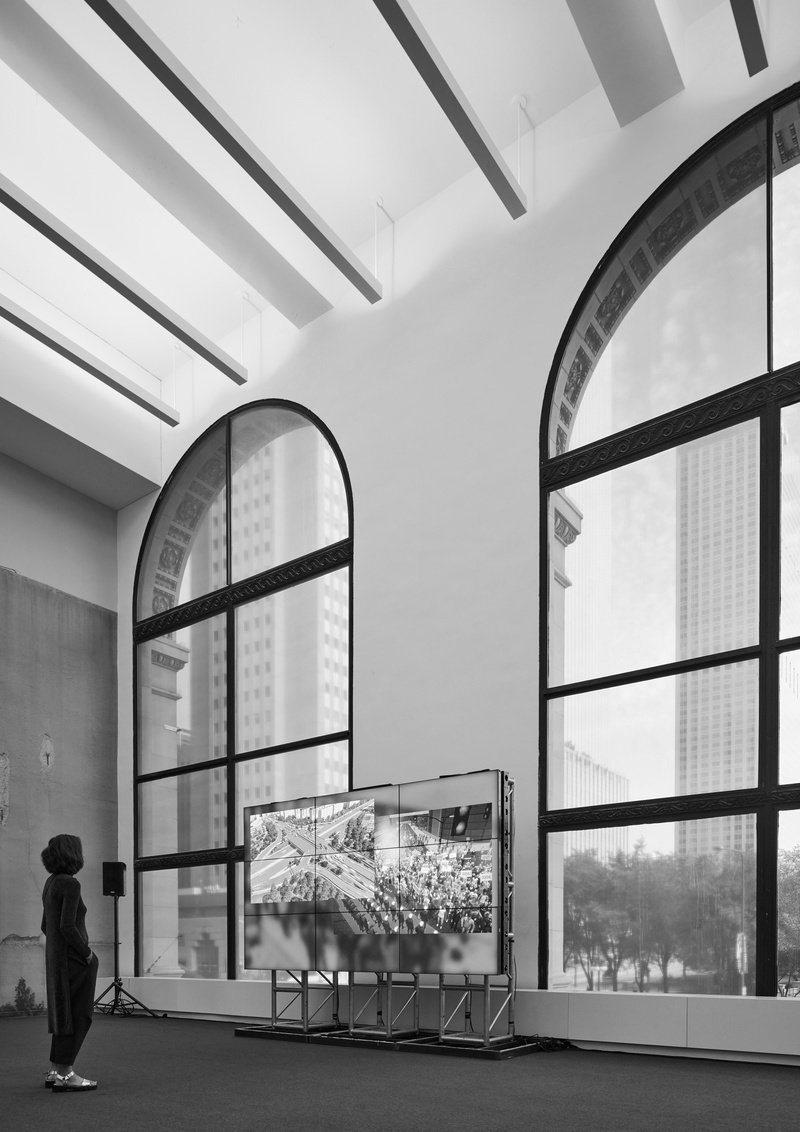Clemens von Wedemeyer
More Info
Clemens von Wedemeyer’s video works use built space and multichannel installations to explore multiple viewpoints, story lines, points in time, and historical trajectories. The artist weaves together tropes of documentary and experimental film and uses composite imagery and gallery installations to materialize ideas about the contingency and constructedness of history and memory. Von Wedemeyer’s artistic practice is research based, and he often animates historical narratives by filming at architectural sites. He draws from diverse historical subject matter and engages closely with art and film theory, frequently making reference to the history of film and theater in both the content and the form of his work. Von Wedemeyer’s video installations often confront beholders in unexpected ways, dissolving the boundary between art and audience. His solo exhibitions have included installations at Neuer Berliner Kunstverein, Berlin; Museum of Contemporary Art, Chicago; MAXXI, Rome; and Paço das Artes, São Paulo.
Born 1974, Göttingen, Germany; lives and works in Berlin, Germany
Born 1974, Göttingen, Germany; lives and works in Berlin, Germany
Biennial Project
Transformation Scenario, 2019Video installation (20 min., sound), voile
Courtesy Galerie Jocelyn Wolff, Paris, and KOW, Berlin
Clemens von Wedemeyer’s research-based video work brings together documentary and experimental film to explore history and memory. Computer simulations of group behavior, first popularized by movies and computer games, have become increasingly present in architecture, city planning, traffic navigation, law enforcement, stock trading, and other fields—and thus have become increasingly influential in our lives. Transformation Scenario examines this in a set of video sequences juxtaposing real and fictional images with simulated crowd-control scenes produced by police training software. A voice-over narration in a neutral tone argues in favor of a society governed by such simulations, leading the viewer to question how computer algorithms and digital media align with broader power dynamics. Transformation Scenario provokes reflection on “imagery of the masses” as, on the one hand, a tool for establishing political control over human relationships in the built environment, and on the other, a demonstration of collective resistance.
